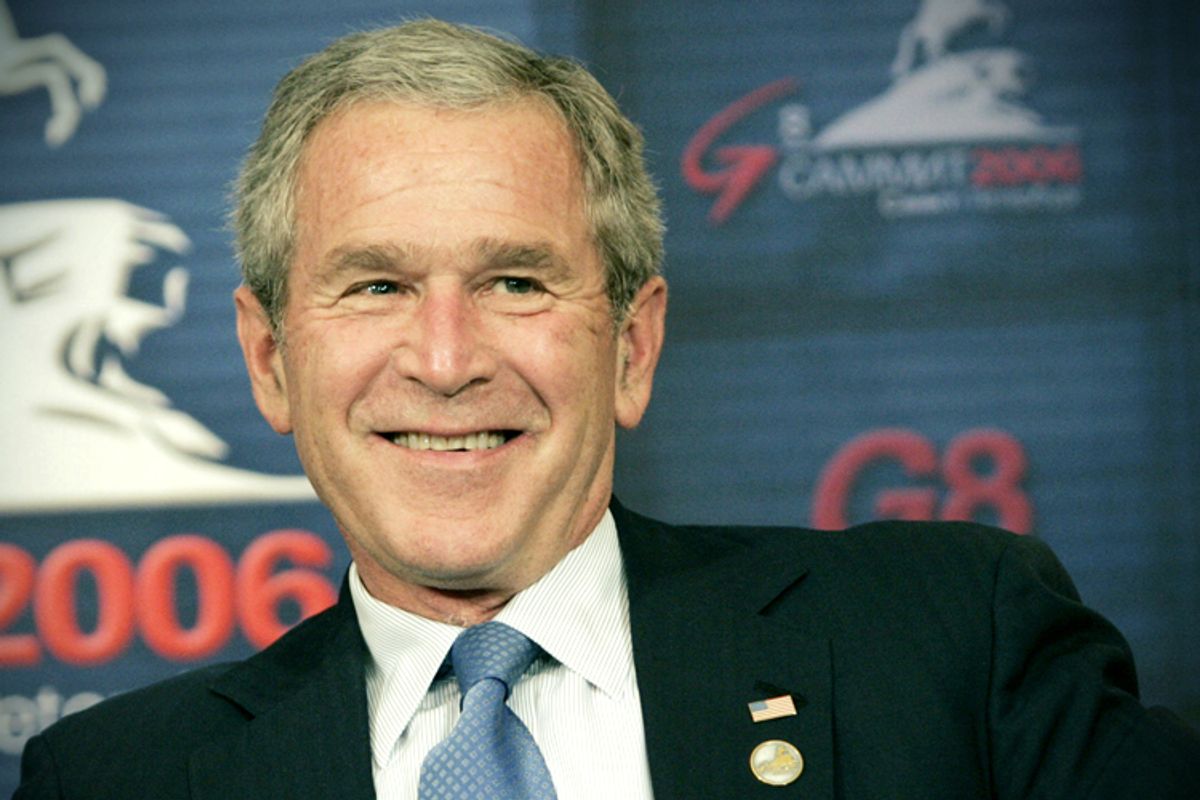The chorus of denunciation that greeted FCC chairman Tom Wheeler's first stab at creating new rules to protect an "open Internet" last week left a bruise on the former top cable industry lobbyist. On Tuesday, Wheeler published a 1,500-word blog post explaining, in a tone that alternated between aggrieved and blustery, that the FCC was not selling out "net neutrality."
Last week's avalanche of criticism seized upon the linchpin of the new rules: apparent permission for ISPs to charge higher prices for Internet "fast lanes" when "commercially reasonable."
But in his blog post, Wheeler argued that his definition of "commercially unreasonable" basically added up to robust support of net neutrality.
Let me be clear, however, as to what I believe is not “commercially reasonable” on the Internet:
Something that harms competition is not commercially reasonable. For instance, degrading overall service so as to force consumers and content companies to a higher priced tier would be shut down.
Providing exclusive, prioritized service to an affiliate is not commercially reasonable. For instance, a broadband provider that also owns a sports network should not be able to give a commercial advantage to that network over another competitive sports network wishing to reach viewers over the Internet.
Something that curbs the free exercise of speech and civic engagement is not commercially reasonable. For instance, if the creators of new Internet content or services had to seek permission from ISPs or pay special fees to be seen online such action should be shut down.
"If anyone acts to degrade the service for all for the benefit of a few," writes Wheeler, "I intend to use every available power to stop it."
So what's the problem here, besides the danger of trusting the word of a man who for years had his salary paid by exactly the entities who will benefit most from opening up the "commercially reasonable" floodgates? The problem is, even if we take Wheeler's sincerity on faith, what he is proposing is for the FCC to act as an ex post facto cop, an enforcer who waits for something bad to happen and then says no. There's a big difference between that and laying out a clear legal standard that says exactly what is permitted and what isn't. As an example, net neutrality advocates point to the "common carrier" standard that telephone companies must comply with. In the U.S. common carriers cannot discriminate against anyone who wants to use their infrastructure, period. The simplest, most effective way to defend net neutrality is to declare that providers of broadband Internet access are common carriers.
Because when the standard becomes something open to interpretation it all gets much messier, and much much more open to political meddling. Let's go out on a limb and suppose that Tom Wheeler actually does stand by his vow to aggressively defend the Open Internet. What happens when Tom Wheeler's replacement arrives, possibly appointed by Paul Ryan or Rand Paul or Ted Cruz?
George Bush's FCC was a different beast than Obama's FCC. Bush's FCC was more interested in punishing CBS for Janet Jackson's wardrobe malfunction while rewriting the rules on media ownership to allow for vastly increased consolidation than it was in blocking telecom mergers or cracking down on anti-competitive behavior. The next FCC chairman's definition of what is "commercially reasonable" might be completely different than Wheeler's. Clear rules that resist, as best they can, subjective interpretation, are the best defense against politics.

Shares